Carrots
It's something you probably heard as a child - eat your carrots, they help you see in the dark. It's true - and they're great roasted with a honey glaze.
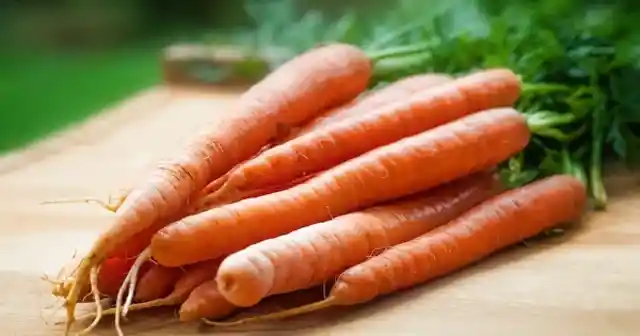
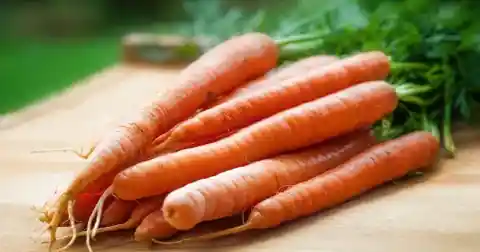
Carrots are rich in beta carotene, which your body uses to make vitamin A, which helps your eyes adjust in the dark, and helps protect the surface of your eyes.
Avocados
Unless you're firmly against avocado as a food, this creamy fruit should definitely be part of your meal plan. Spread on toast, as a topper to chili or sliced into a burger, they're delicious.


They are also amazing for eye health - the lutein in avocados is brilliant at keeping eyes healthy, and in preventing macular degeneration, the main cause of loss of vision.
Red kidney beans
A popular addition to slow-cooked chili or a mixed bean salad, to name a couple, red kidney beans are a tasty way to help your eyeballs stay in tip-top condition.
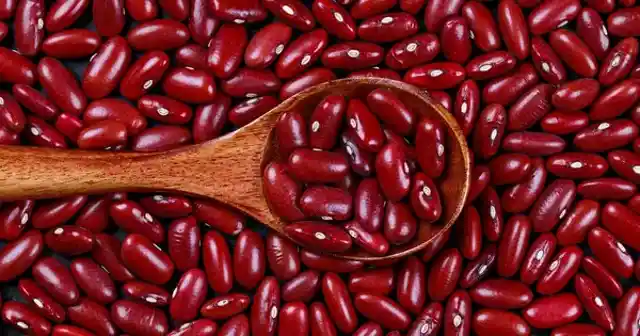
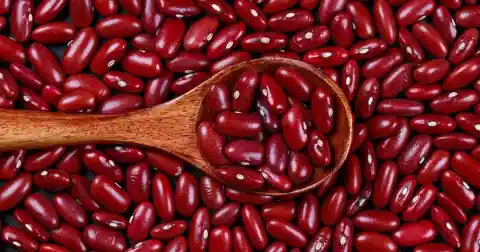
Kidney beans are a great source of bioflavonoids that help protect your retina, which capture light entering your eyes. They also lower the risk of vision-reducing cataracts and macular degeneration.
Salmon
OK, fish isn't always on everyone's like list, but if you're OK with it, you should totally up your intake. Salmon is so deliciously versatile and it's packed with nutrients.


Salmon is an oily fish so it's full of omega-3 fatty acids, which are good at helping your eyes to make tears. Dry eyes are uncomfortable and can cause vision problems.
Spinach
Popeye's favorite, spinach really is great for your eyes' wellbeing. And despite its reputation, it's tasty too - a handful in a frittata, as a base for a layered salad or cooked with garlic butter.
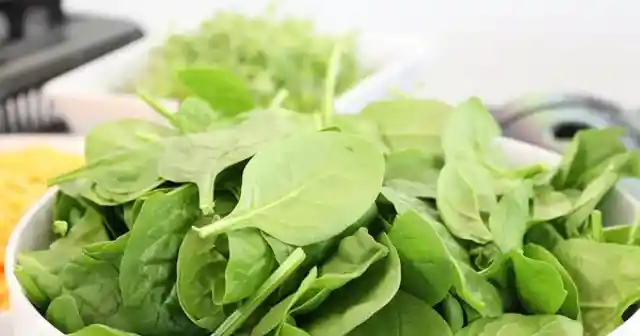
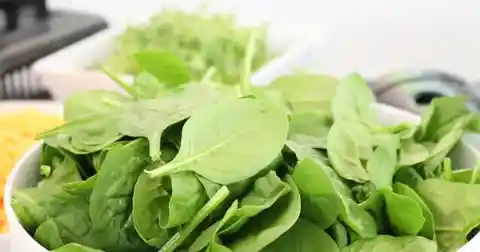
Spinach is full of zeaxanthin, a pigment related to vitamin A. Zeaxanthin is believed to act as a light filter, protecting the eye from damage caused by the sun.
Almonds
Apologies to anyone with a nut allergy, but almonds are superb for your eyesight and shouldn't be overlooked. Not to mention, almond butter goes perfectly with a fruit jelly.
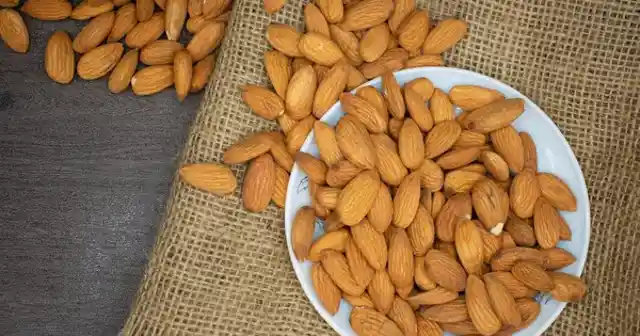
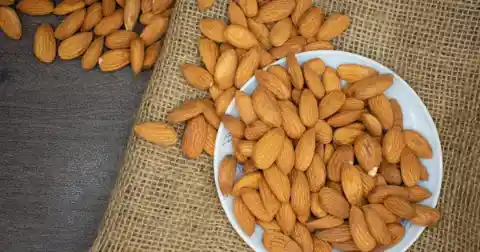
Almonds are an excellent source of vitamin E, which is great at protecting the cells of your eyes from damage caused by free radicals. Great in a chocolate brownie too!
Oranges
Mmm, sweet and juicy oranges. This classic citrus fruit is famously a ripe source of vitamin C, and brilliant for your eyeballs too.


What you may not know about oranges is that they contain a nutrient called hesperidin, which reduces inflammation and improves blood flow to the eyes. Delicious and nutritious fruits indeed!
Eggs
Assuming you're not a vegan, eggs are a fantastic food for eye health and general wellbeing.
Eggs have a plethora of uses in the kitchen and a wide variety of benefits in your diet. Egg yolks contain zinc, which maintains the protein structure of the eye.
Tomatoes
The glorious versatility of the humble tomato is something to behold. That sweet, acidic bite of a fresh one; the multitude of meals you can make from a can of chopped tomatoes.
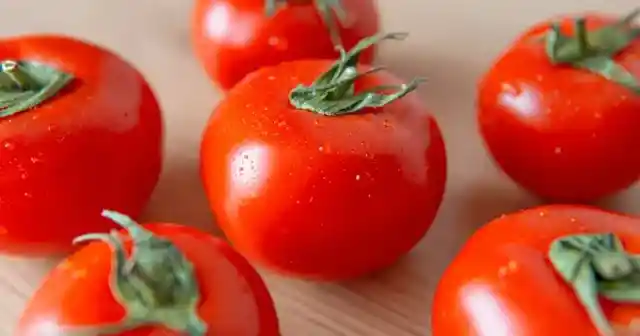
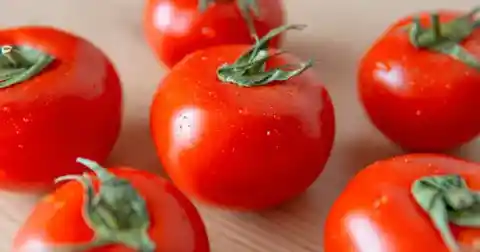
Even better is how brilliant they are for eyesight. Tomatoes are rich in lycopene, an antioxidant that reduces the risk of macular degeneration. Your macula is tiny but vital for vision.
Peas
The pop of a fresh pea from its pod is ever so enticing for lovers of this dainty little legume. Great in a wealth of dishes and a nice flash of color.
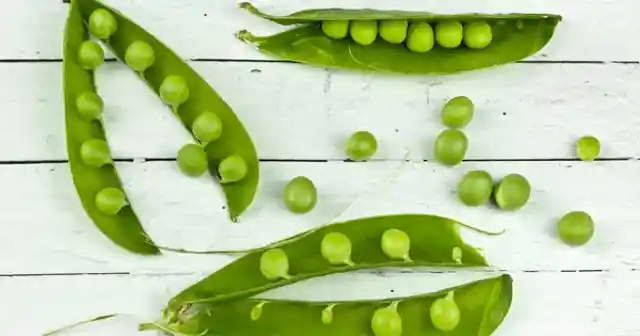

Peas are a fantastic source of lutein, which strengthens eye tissue by blocking harmful blue light from entering the retina. They're also full of zinc, which plays a similar role.
Tuna
Tuna is an awesome and versatile fish. It has lots of umami flavor and it's a good, dense protein in many forms.


Whether you eat it as a steak, in sushi or in a pasta dish, tuna is loaded with omega-3 fats that are great for proper eye function.
Apricots
Apricots are so visually appealing, it's almost a crime to consume them. Yet they are a bountiful fruit, full of carotenoids and vitamins A, C, and E - oh, and flavor.
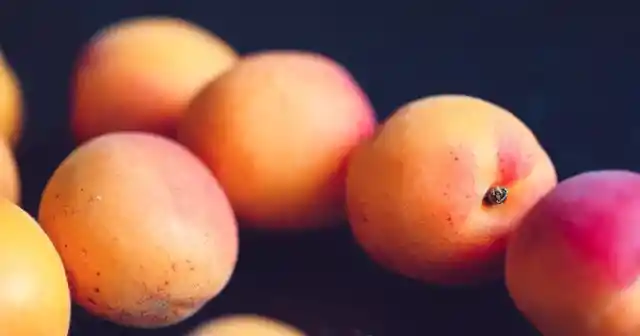

The vitamins all play different roles in eye health and the quality of your eyesight, so finding a fruit that provides multiple nutrients is really not to be sniffed at.
Sunflower seeds
These little seeds from the sun-tracking sunflower are packed full of benefits for you - not least, your eyesight. They are laded with vitamin E, which is an amazing vitamin.
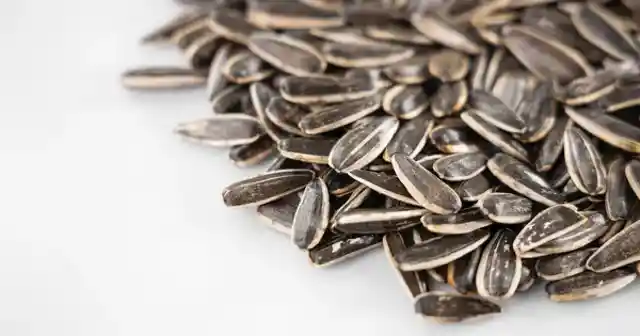
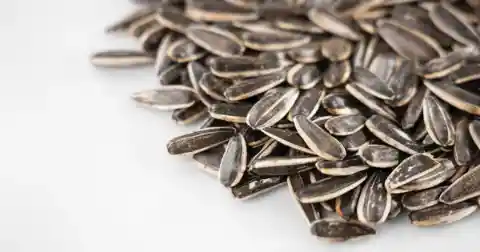
Vitamin E is a powerhouse, battling free radicals that damage your eyes. It also aids lutein in protecting delicate retinal cells. Toss some sunflower seeds on your salad for a tasty boost.
Sweet potatoes
Sweet potatoes are perhaps underrated, but certainly tick the box where vitamin A is concerned. Apparently, a sweet potato has more than 200% of the recommend daily dose of vitamin A.


Served as fries, chopped and roasted, made into mash or added to stew - there are myriad ways to enjoy this healthy carb and boost your eye health simultaneously. Enjoy.
Black-eyed peas
You might not be au fait with these scrumptious little beans, which belong to the legume family. If you are, permission to feel smug, as they're tasty and nutrient-packed.

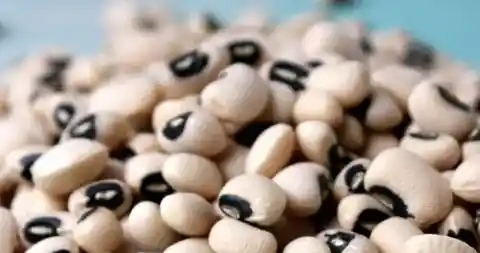
Lovely in a casserole or curry, or part of a bean salad, black-eyed peas are groaning with the weight of their nutrient density, full of micronutrients, including eye-benefiting vitamin A and zinc.
Mango
Mango feels pretty exotic and indulgent as a fruit … something about that rich orange-yellow color and the juicy flesh just shouts luxury. So it's fantastic that mango is also great for eyesight.


Mango has lots of two compounds that are essential for your eyes - lutein and zeaxanthin. These protect the lens and the retina by increasing the eye's visual range. Mango smoothie, anyone?
Kale
Rabbits love kale - and so should you! It's got a boon of eye-related nutrients and it's great sautéed with garlic butter or lemons, ground into pesto or added to an omelet.
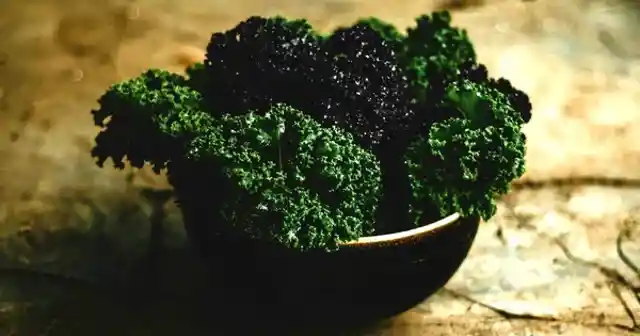

Kale has plenty of antioxidants, which protect against eye damage from the harmful effects of sunlight, cigarette smoke and air pollution. Now you know why you were always told to eat your greens.
Bell peppers
Red - and indeed yellow - bell peppers are crammed with vitamin C, which is excellent for healthy blood vessels in your eyes. They are also sweet and versatile in meals.


Sliced as crudités with dips, added to frittata, included in ratatouille … peppers are a great addition to your diet, and are also high in eye-benefiting vitamins A and E.
Flax seeds
These cute little brown seeds might not be a food that you're familiar with, but they're a superb option if you're looking for a tasty topping on your cereal or oatmeal.

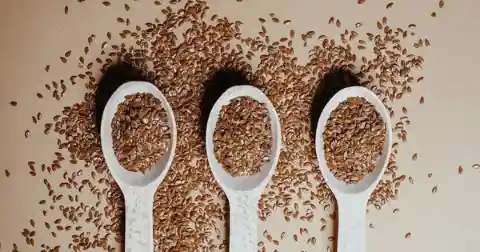
They are a great source of omega-3 fatty acids, which are necessary to strengthen the nerves in the eyes. If you're not keen on eating fish, opt for flax seeds.
Strawberries
Strawberries are a flagship fruit of the summertime, even though in many places you can get them all year round. Their cheery red hue and the amazing aroma can lift your spirits.
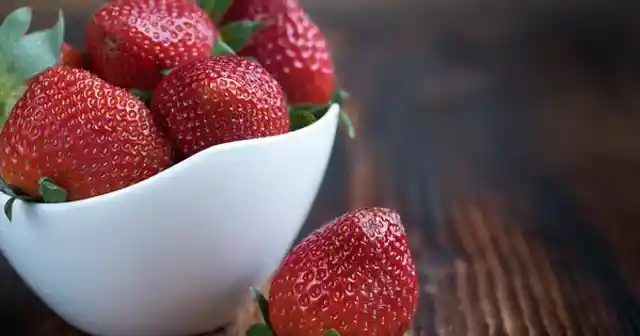
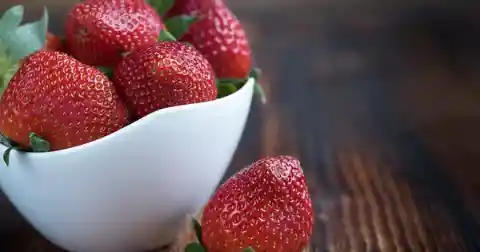
Served with a light sprinkle of sugar or lashings of cream, strawberries are full of vitamin C, which helps repair and grow new tissue cells and is critical for healthy eyes.
Bananas
Bananas are a genius fruit - they come pre-packed in their own protective skin, they're a convenient snack and they're positively brimming with nutrients for your wellbeing.


To be more precise, your eyes will thank you for a banana. They've got all three of the vitamins our eyes need - A, C and E - and eye-protecting lutein.
Sardines
Don't turn your nose up, peel the lid of the can up and treat yourself to fresh sardines. They may smell pretty terrible, but their health benefits can't be denied.


Sardines are part of the oily fish family, so they're full of omega-3 fatty acids. These have anti-inflammatory properties that keep your eyes from drying out. Nobody likes dry, itchy eyes.
Broccoli
The beauty of broccoli isn't limited to its neat tree-like structure and the way it pairs brilliantly with stilton in soup - it's a nutritional powerhouse.
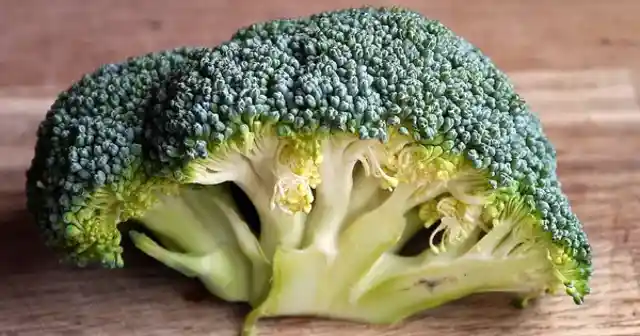
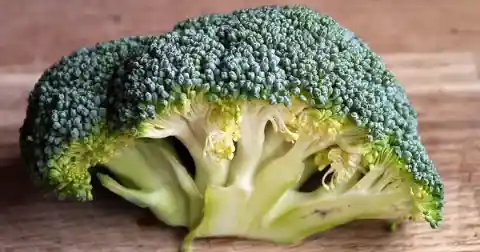
Broccoli is one of the vegetables most touted as a vision superfood, due to its antioxidants, vitamins C, E, and K, and beta-carotene (which converts to vitamin A), all necessary for good eyesight.
Walnuts
With their meaty texture and subtle umami taste, walnuts make for a delicious snack, and are an excellent source of omega-3 fatty acids.
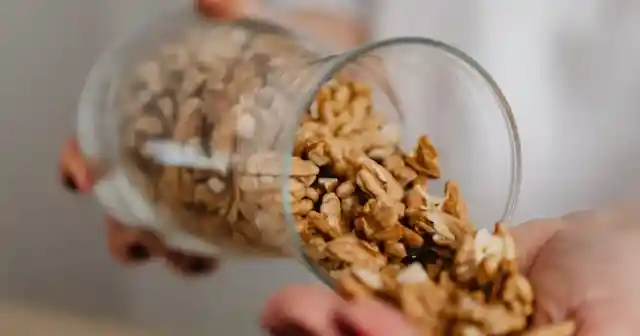
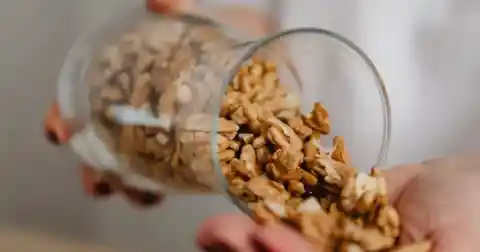
Omega-3 fatty acids are important in protecting your eyes from all sorts of vision problems, many of which you can reduce the risk of, with the right foods. Walnuts being a case in point.
Arugula
Arugula, also known as rocket, is a tasty leaf that's a welcome bonus in a sandwich or a salad, largely for its peppery flavor and its attractive frilled leaf edges.
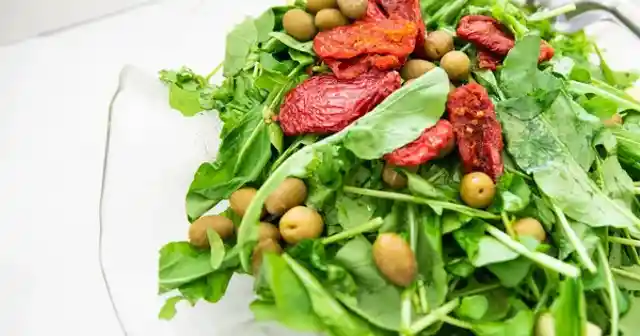
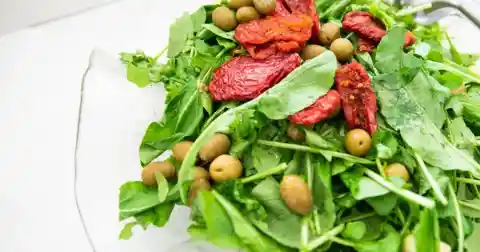
What you may not know is that it's great for eyes as it's high in carotenoids, which help the eyes absorb the nutrients needed to stay healthy. Yes please to arugula.
Pomegranate
Pomegranate seeds are so pretty - they can lift so many dishes with their bright pop of color and the sweet crunch and flavor. They're also a top addition for eyes.
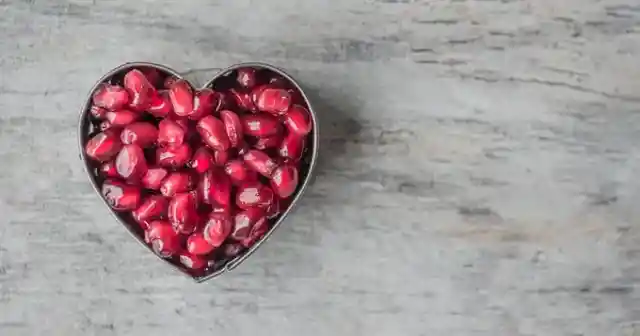

Pomegranate has an abundance of antioxidants, vitamins, and minerals that help maintain eye health, and combat retinitis pigmentosa and macular degeneration. Pomegranate is easily added to salads and is favored in Persian cuisine.
Romaine lettuce
Great for crunch, texture and pleasing amounts of green, lettuce is a fabulous food. OK, it might not have the glamor of pomegranate or the acidic punch of tomatoes but it's a solid staple.
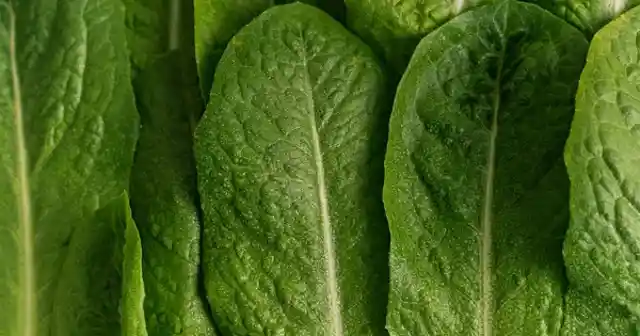
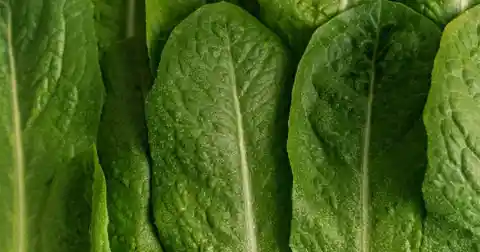
It's also a reliable source of lutein and zeaxanthin, two compounds needed for happy, healthy eyes. Oh, and if you want to avoid macular degeneration as you age, load up on lettuce.
Oysters
OK, an acquired taste, but if you like oysters then you'll acquire a healthy dose of zinc too. Oysters are known for their high zinc content as well as their notable texture.


Zinc is necessary for healthy eyes because it keeps the structure of your eyes in good working order, especially the retina, and it helps to prevent night blindness.
Blueberries
Hailed as a superfood, these cute little blue spheres come packed with goodness. They're pretty tasty too, and so versatile. In muffins, in your granola, served with other soft fruits ... yum!
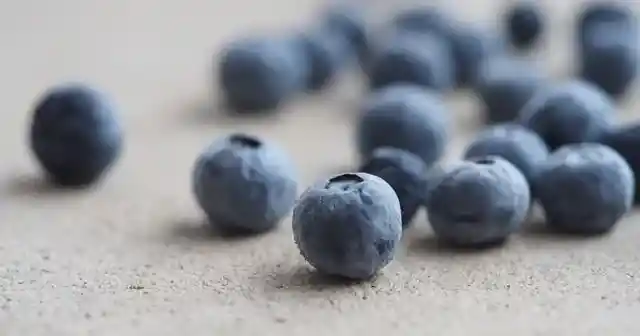
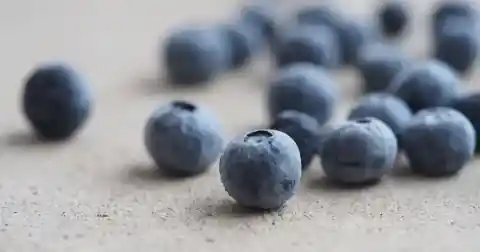
Blueberries are packed with antioxidants, which help with eye health (and general health), and they can help protect your eyes from harmful blue light. Add some to your breakfast or dessert.
Turkey
If you do eat meat, turkey is one of the best meats for healthy eyes, so you can tuck into your Thanksgiving feasts guilt free.


Turkey has a high zinc content, which is vital for healthy eyes and good night vision. Studies have found a connection between zinc deficiency and night blindness. Turkey sandwich? Yum.
Brussels sprouts
Brussels sprouts are one of those foods that really ignite opinion. Many of us detest them, quite a few of us love them and then there are the ambivalent among us.
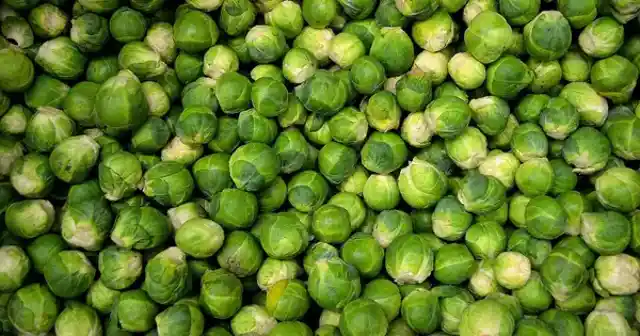
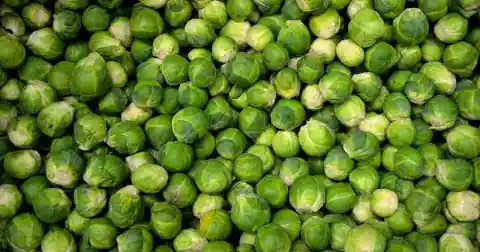
Brussels are loaded with vitamin C and antioxidants though, so if you can bear to, they're a top choice for your eyesight. Keeping those naughty free radicals down is good for vision.
Papaya
This tropical fruit is full of flavor, and fantastic for smoothies, fruit salad or simply a tasty snack if that's your thing. Its vibrant color is a clue as to its benefits.
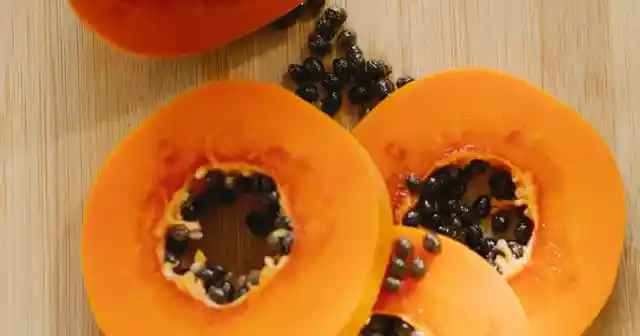
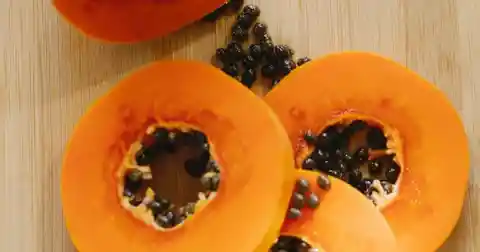
Papaya is full of vitamin C and beta-carotene, the latter of which is required for making opsin proteins. These are important for the rods in your eyes that help you see in low light.
Soy
Soy is what tofu is made from, and it's a pretty key food for vegetarians and vegans, due to its high protein content. It's also great as a source of amino acids.


Soy is brilliantly versatile as a food and great for maintaining your vision. It's got plenty of vitamin E, zinc and omega-3, all of which are important for healthy eyes.
Mackerel
A well-known oily fish, mackerel is a popular option for fish lovers. Smoked, in pate, served fresh or made into kedgeree, it's got lots of uses - and lots of flavor.


The omega-3 fatty acids in mackerel are wonderful for healthy eyes, keeping irritating dry eyes at bay and strengthening the nerves in the eyes. Definitely a good option for happy eyes, then.
Lima beans
Lima beans, also known as butter beans, are a fabulous source of protein and contain a wealth of other nutrients. Their creamy taste and texture are great in bean salads and other dishes.
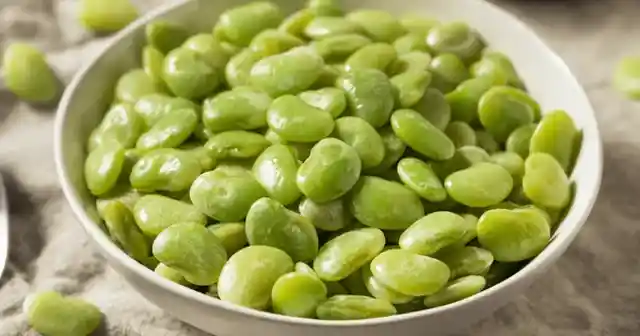
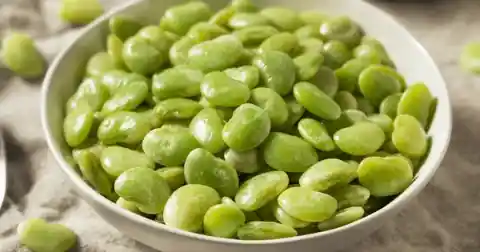
Lima beans are loaded with zinc, a mineral that helps reduce damage from harmful UV light as it enters your eye. All of the micronutrients they contain makes them a superfood - and a super food.
Cantaloupe melon
It's a refreshing sweet treat in the heat of summer, and it's got plenty of vitamin A to boost the enjoyment. It's simple to prepare and it's great in a smoothie.
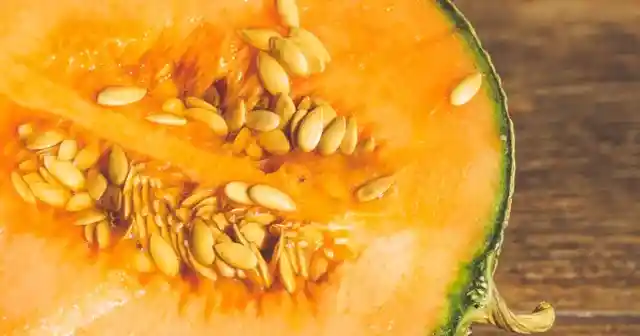
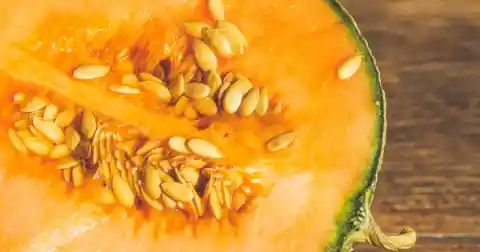
Cantaloupe is also rich in lutein and zeaxanthin, which gives the fruit its appealing orange-yellow color. These antioxidants, with vitamin A, help to protect your eyes from damage.
Wheatgerm
Wheatgerm oil might be something you use as a natural moisturizer, or at least have heard of it. It has a high vitamin E content, which is great for skin.


Vitamin E is also vital in the maintenance of eye health, by eliminating free radicals and boosting red blood cell production. That makes wheat germ oil a great addition to your diet.
Pecans
Ever had pecan pie? Probably not if you have a nut allergy (sorry), or don't enjoy nuts. However, pecans are a great food - not just for crunch and flavor, but for nutrients.
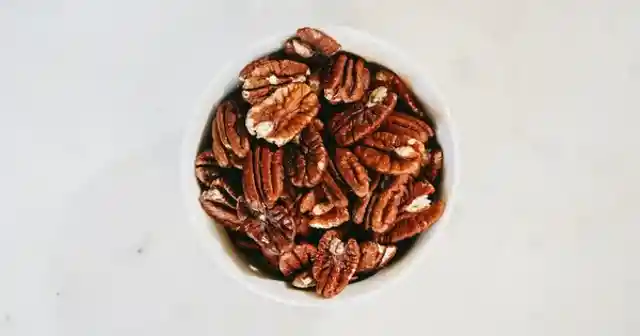
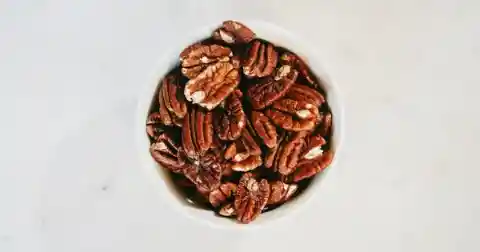
Pecans are a great source of vitamin E, which keeps the tissues in our eyes healthy. Our bodies can't make enough vitamin E naturally. So our eyes - and tastebuds - will thank us for eating pecans.
Okra
If you're not in the habit of eating okra regularly, that's something you should consider changing. Okra is a true eye health and vision superfood, with multiple benefits to eating it.


Okra can be enjoyed in a variety of ways, including in a curry, or a gumbo. Okra is packed with beta-carotene, vitamin C, zeaxanthin and lutein - all essential for healthy eyes.
Butternut squash
A delicious autumnal food, butternut squash is wholesome and comforting and packed with lots of nutrients that will help keep your eyes in tip-top condition. It's great in all manner of dishes too.


Butternut squash contains many of the nutrients that the eyes need to maintain good form and function - lutein and zeaxanthin, beta-carotene and vitamin A. Oh, and it's so tasty.